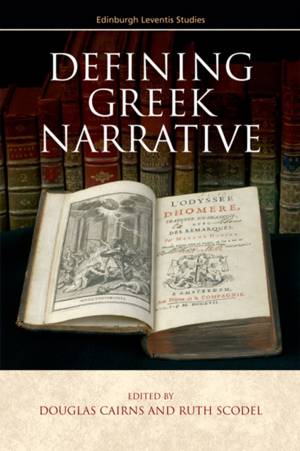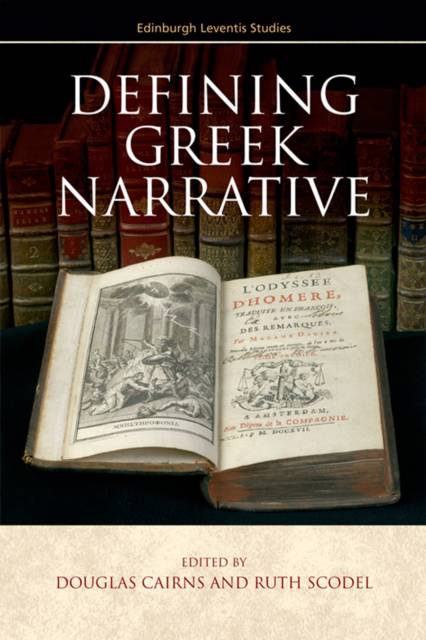
- Retrait gratuit dans votre magasin Club
- 7.000.000 titres dans notre catalogue
- Payer en toute sécurité
- Toujours un magasin près de chez vous
- Retrait gratuit dans votre magasin Club
- 7.000.0000 titres dans notre catalogue
- Payer en toute sécurité
- Toujours un magasin près de chez vous
Description
The 'Classic' narratology that has been widely applied to classical texts is aimed at a universal taxonomy for describing narratives. More recently, 'new narratologies' have begun linking the formal characteristics of narrative to their historical and ideological contexts. This volume seeks such a rethinking for Greek literature. It has 2 closely related objectives: to define what is characteristically Greek in Greek narratives of different periods and genres, and to see how narrative techniques and concerns develop over time.
The 15 distinguished contributors explore questions such as: how is Homeric epic like and unlike Gilgamesh and the Hebrew Bible? What do Greek historians consistently fail to tell us, having learned from the tradition what to ignore? How does lyric modify narrative techniques from other genres?
This study will appeal to students and scholars of classics as well comparative literature and literary theory
Spécifications
Parties prenantes
- Editeur:
Contenu
- Nombre de pages :
- 392
- Langue:
- Anglais
- Collection :
Caractéristiques
- EAN:
- 9780748680108
- Date de parution :
- 24-03-14
- Format:
- Livre relié
- Format numérique:
- Genaaid
- Dimensions :
- 157 mm x 239 mm
- Poids :
- 839 g

Les avis
Nous publions uniquement les avis qui respectent les conditions requises. Consultez nos conditions pour les avis.





